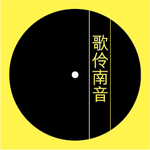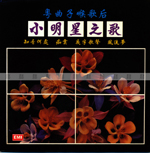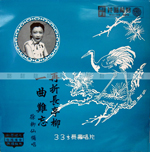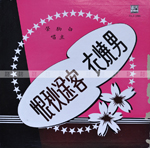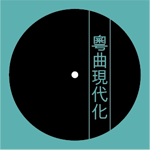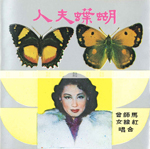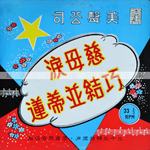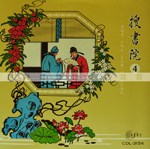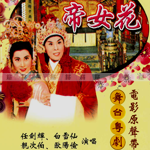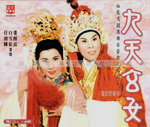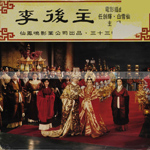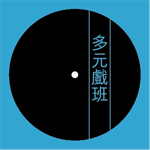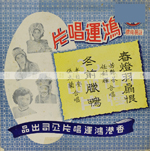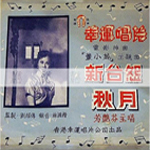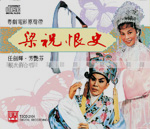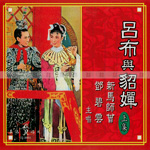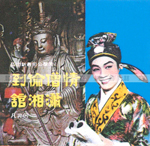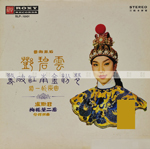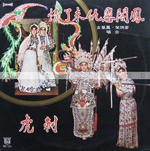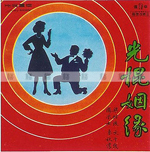Since the early twentieth century, Hong Kong has always been an important venue for Cantonese opera development. After 1949, as a result of political turmoil in the Mainland, performers and troupes converged and resettled in the territory, leading to a tremendous prospering of Cantonese opera in the subsequent decade. This development is linked intimately with the rise of the electronic media.
Performers and troupes began to grasp the possibilities offered by film and radio to re-examine age-old performance practices with regard to acting, singing, script writing, instrumentation, and stage set-up. They brought in novel elements from the theatre and movie world, and participated in the production of films and records. With these acts, they are extending the movement to modernize Cantonese opera that began in the 1930s.
Wong Jum-sum was thoroughly immersed in the world of Cantonese opera from young. Through his close encounter with master performers like Hung Sin-nui, Ma Si-tsang, Yam Kim-fai, Pak Suet-sin and Tong Dik-sang, he witnessed first hand the modernization of Cantonese opera, and was mightily moved by the adventure and passion he saw.
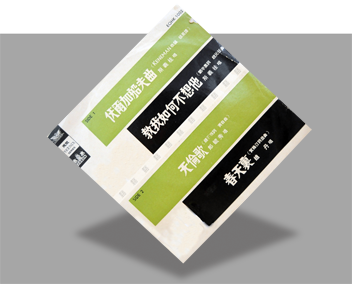

作曲:趙元任
作詞:劉半農
主唱:斯義桂
天上飄著些微雲
地上吹著些微風 啊
微風吹動了我頭髮
教我如何不想他
月光戀愛著海洋
海洋戀愛著月光 啊
這般蜜也似的銀夜
教我如何不想他
水面落花慢慢流
水底魚兒慢慢游 啊
燕子你說些甚麼話
教我如何不想他
枯樹在冷風裡搖
野火在暮色中燒 啊
西天還有些兒殘霞
教我如何不想他
